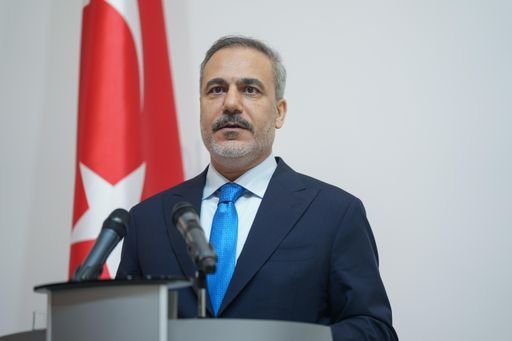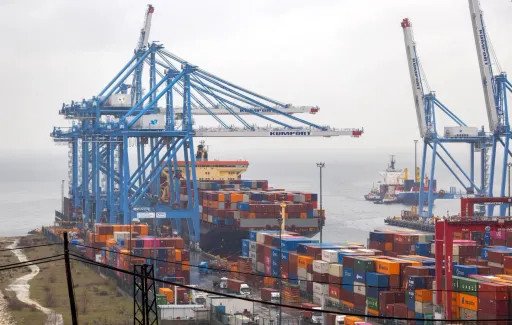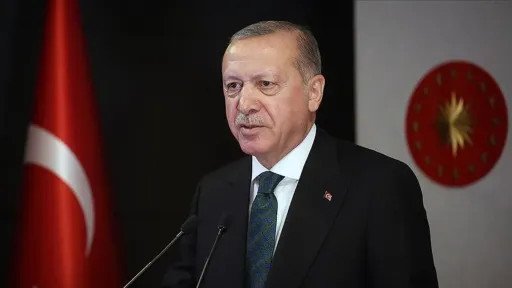By 2016, five years into the Syrian civil war, the conflict had metastasised into a complex mosaic of foreign interventions and competing non-state actors.
The Assad regime, weakened by years of attrition but sustained by external support yet remained entrenched in the West. Daesh dominated Raqqa and the Euphrates Valley.
Meanwhile, the PYD/YPG, dominated by the PKK terror group and supported by Western countries, was steadily expanding its influence in northern Syria.
This fragmentation of Syria’s political and territorial landscape had direct and immediate consequences for Türkiye. By the summer of 2016, Ankara found itself at the centre of a rapidly deteriorating regional order.
As state authority collapsed along its southern border and non-state actors and terrorist groups entrenched themselves in the resulting vacuum, the threat to Türkiye’s national security became increasingly tangible.
From Ankara’s perspective, this patchwork of de facto authorities did not represent a new balance, but the gradual emergence of strategic encirclement.
Along its southern frontier, Daesh was targeting Turkish towns and civilians with suicide bombings and rocket attacks.
To the north of Aleppo, the PYD/YPG was attempting to establish a contiguous terror corridor, an outcome that threatened regional stability.
No other NATO member faced a threat landscape as immediate, multidimensional, and geographically proximate as Türkiye.
In an effort to pre-empt further destabilisation, Ankara repeatedly proposed the establishment of a safe zone in northern Syria.
Repeated Turkish proposals presented to international organisations and major actors in the conflict as a means to secure its borders and protect displaced civilians did not gain meaningful support.
Confronted with overlapping threats and absent any credible multilateral response, Ankara judged that a direct military operation was the only viable path to safeguard its national security.
On August 24, 2016, Türkiye launched Operation Euphrates Shield, invoking Article 51 of the UN Charter, which affirms the inherent right to self-defence.
The operation had two immediate objectives: to clear Daesh from a critical stretch of the border zone, and to block the PYD/YPG’s effort to consolidate control across northern Syria.
Strategic success
In operational terms, the results of Operation Euphrates Shield were clear and immediate.
Over the course of seven months, Turkish forces secured more than 2,000 square kilometres of territory in northern Syria, liberated 243 towns and villages, and neutralised or captured over 3,000 Daesh members.
Nearly 20,000 Daesh targets were engaged, culminating in the capture of al-Bab on 24 February 2017, a town of high strategic value. This made Türkiye the only NATO member state to launch a ground operation and directly fight Daesh on the battlefield.
Yet the operation’s true significance lay beyond the battlefield.
Euphrates Shield was a turning point, launched at a time of significant internal and external pressure on the Turkish state.

















